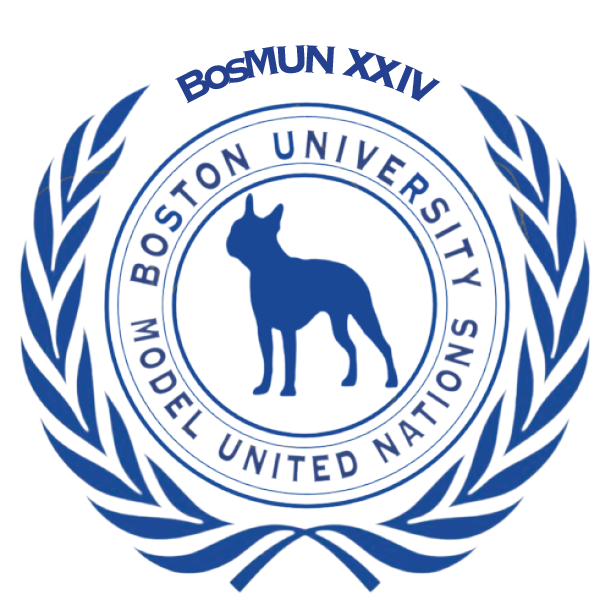The World Health Organization (WHO), established in 1948, serves as one of the first intergovernmental organizations. The WHO has 194 member states, making it one of the most widely recognized and influential international organizations in the world. This specialized body serves as an integral forum for member states to engage in informed discussions aimed at promoting global health initiatives and addressing pressing health challenges worldwide. The WHO's International Health Regulations serves as a legal framework to respond to public threats. Originating in response to devastating epidemics in Europe, these regulations impose obligations on countries such as the mandatory reporting of public health events. Delegates will immerse themselves in the WHO's mandate, which encompasses a broad spectrum of health issues, from infectious diseases to non-communicable diseases, health systems strengthening, and emergency response.
topics and questions to consider
Topic 1: Expanding Maternal and Women’s Healthcare in Developing Nations
Questions to Consider:
What are the existing maternal care policies in the nation you are delegate of?
What are some ways to measure the quality and spectrum of maternal care policies?
What can the international community do to strengthen legal protections for women seeking medical care?
What can member states do to increase legal protections for their own citizens seeking adequate medical care?
How can we ensure that healthcare facilities are adequately equipped to handle both routine and emergency maternal health situations?
How can countries increase domestic investment in maternal health, particularly in low-income and middle-income countries?
What is the role of community-based health education in improving knowledge about reproductive health, family planning, and safe childbirth practices?
Topic 2: Increasing Health Literacy Around the World
Questions to Consider:
What strategies can your nation provide to increase global health literacy?
What are some existing policies in universalizing health literacy in your nation?
How to address health literacy inequality around different regions of your nation or even around the globe?
What is the current state of health literacy in your country and what could your nation contribute to other nations looking to improve their own health literacy?
What role can international organizations (e.g., WHO, UNICEF) play in supporting national efforts to improve health literacy, particularly in low- and middle-income countries (LMICs)?
How can health literacy programs be designed to address the socio-economic disparities that hinder access to health information in marginalized communities?
What strategies can be employed to simplify complex medical information so that it is more accessible to people with low health literacy?




